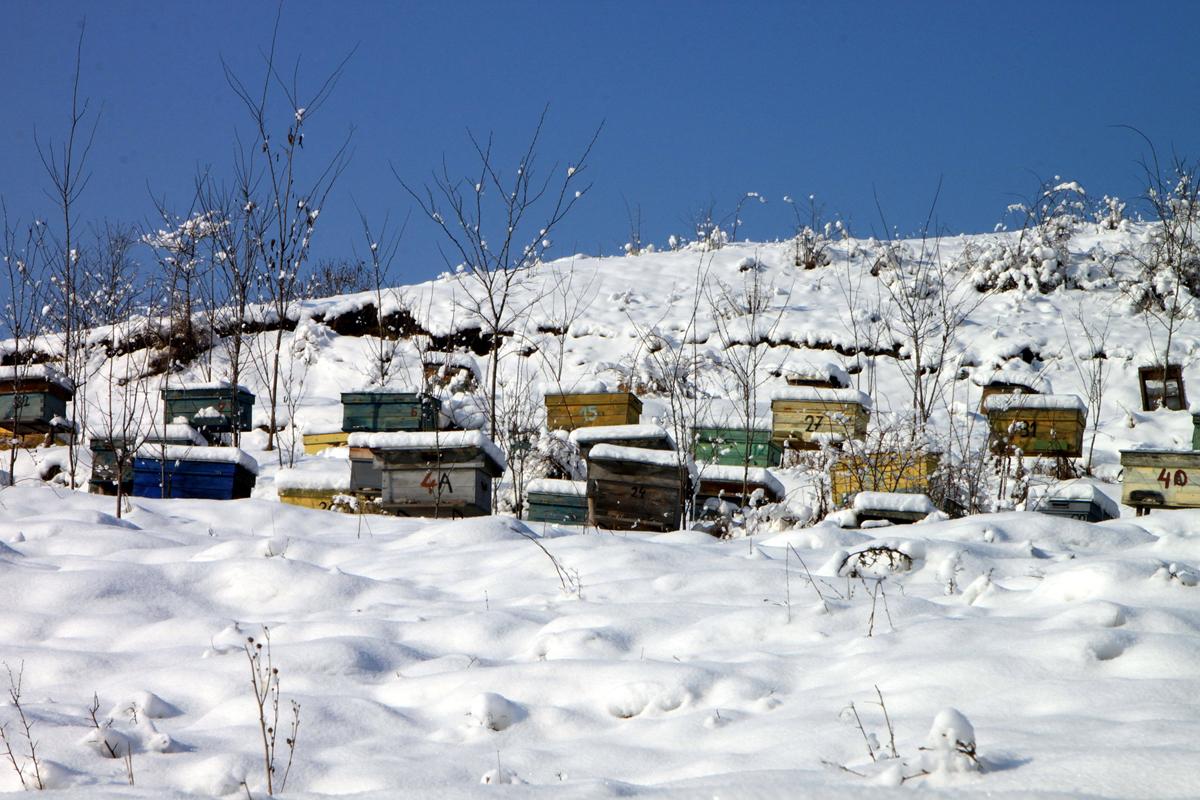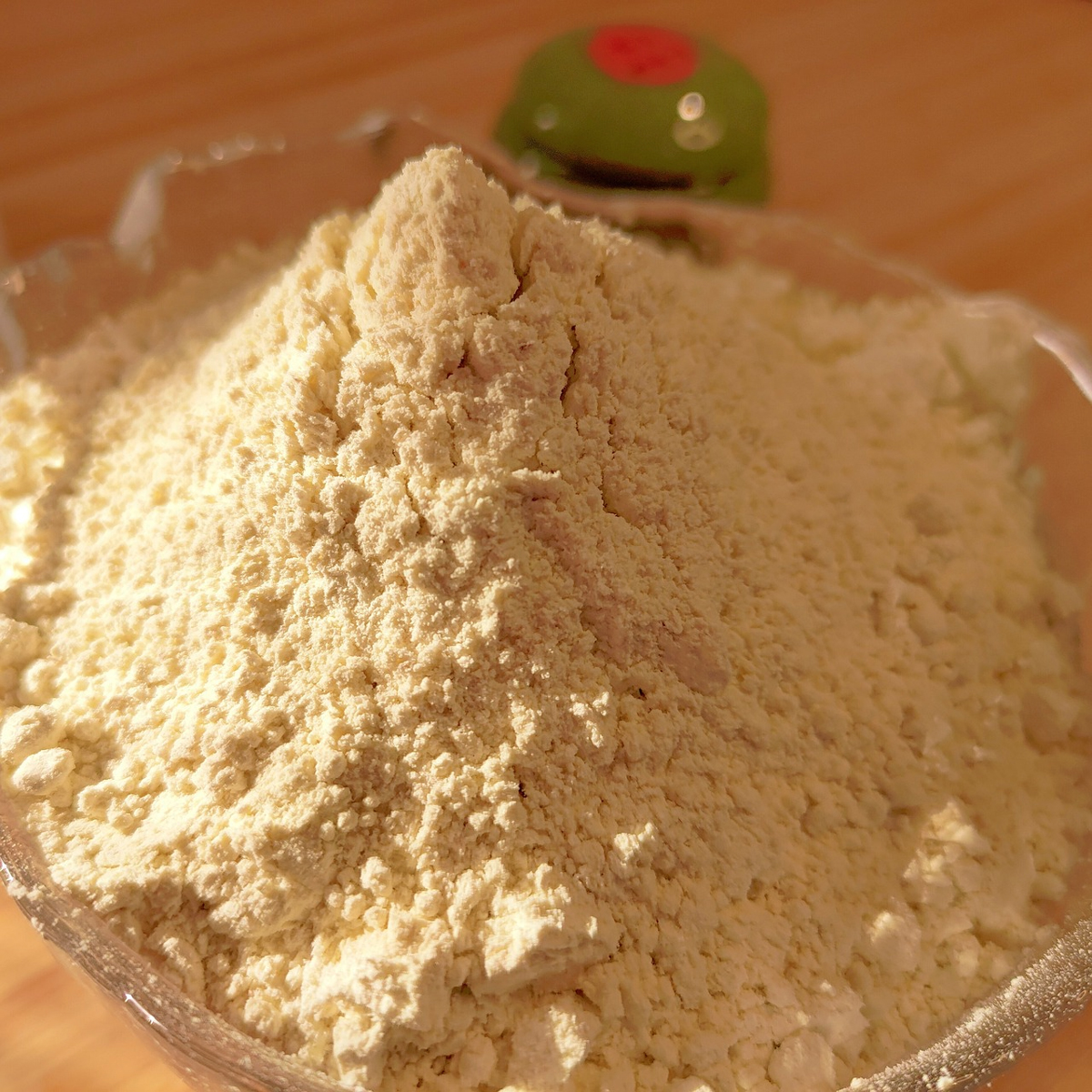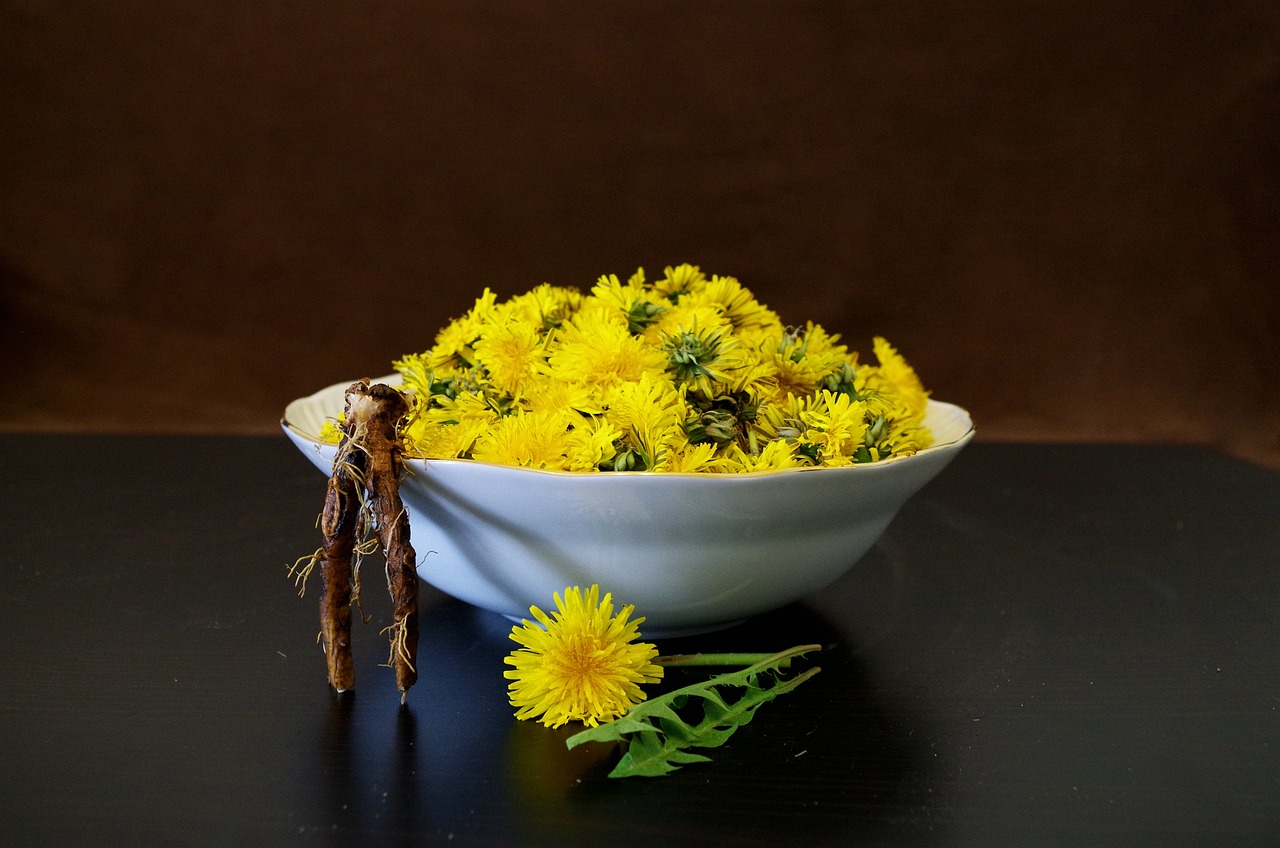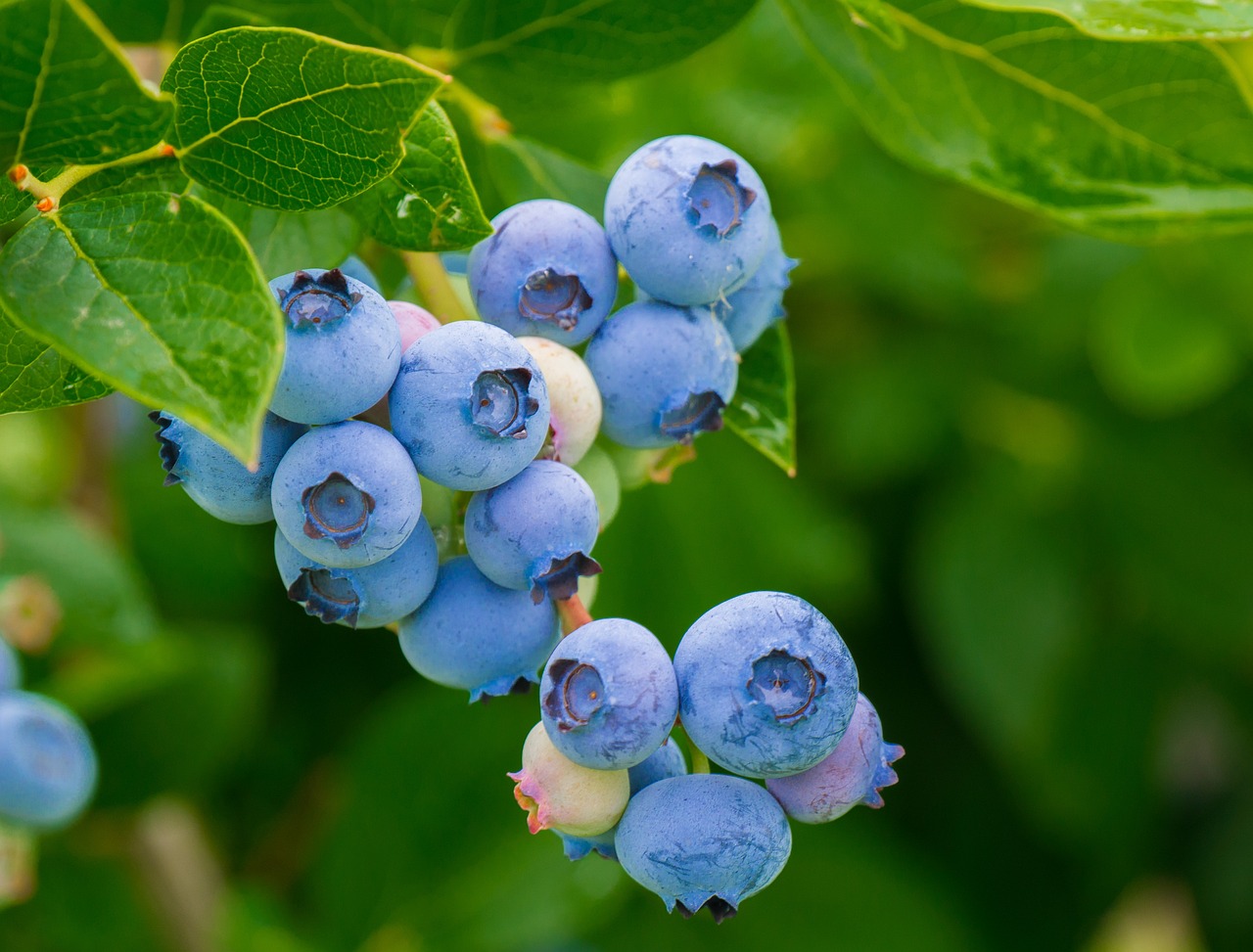Small Mites Causing Big Problems for Honey Bees
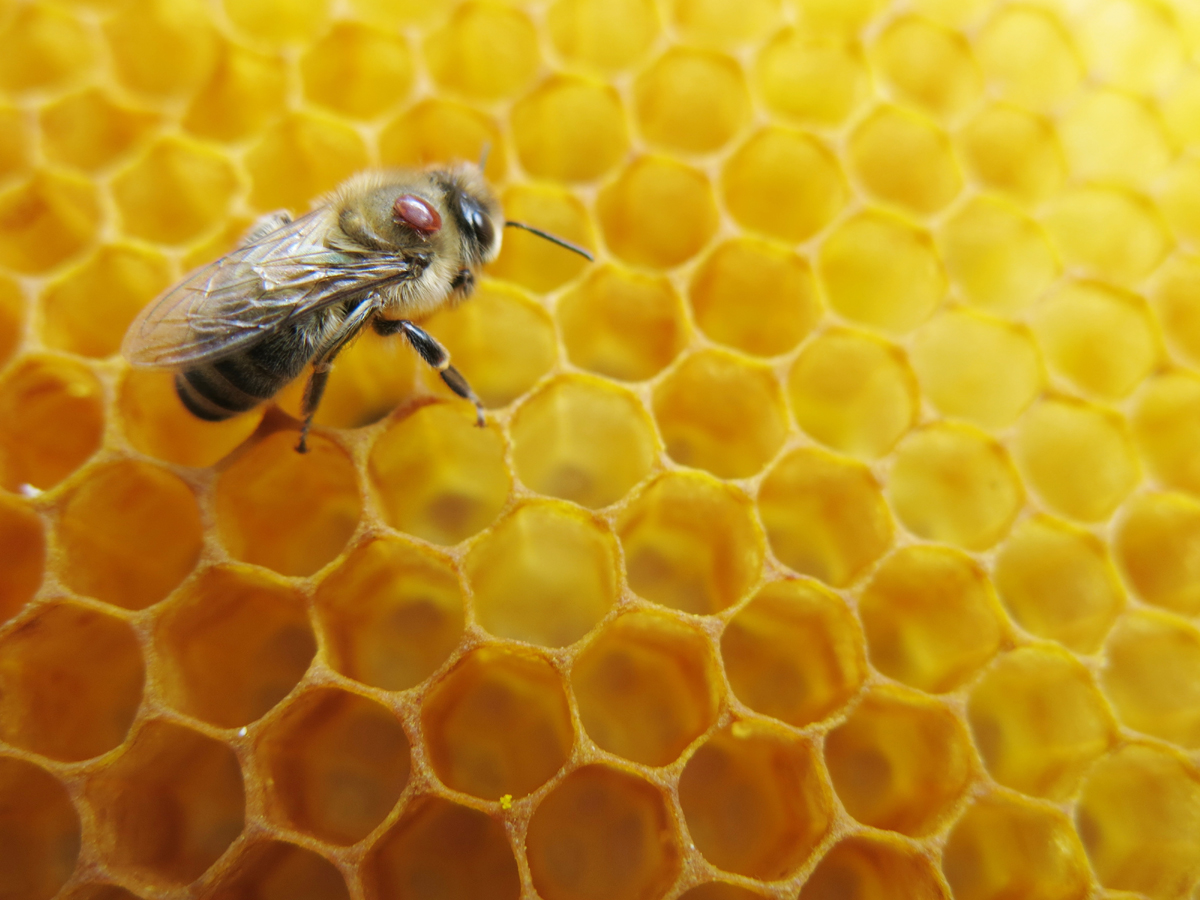
Honey bees play an important role in our communities and our gardens because they work hard to collect nectar and pollen, making honey and pollinating many of the fruits and vegetables we enjoy. In fact, honey bees and other pollinators are said to be responsible for one out of three bites of food we eat.
There are nearly one million hives kept by Canadian beekeepers, but something in many of those hives can hurt their efforts — varroa mites.
These tiny red pests attach themselves to honey bees and feed on their hemolymph, which is the honey bee equivalent of blood. Every year they’re responsible for the loss of hives around the world. In fact, they’ve even been called the most dangerous threat to honey bee health.
How can something so small make such a big problem?
They spread: There are many ways a hive can get infested by varroa mites. These include coming into contact with an already infested hive, or the mites hitching a ride on beekeeping equipment or being transferred from flower to flower by other pollinators.
They breed: Varroa mites breed so quickly that their population in an infested hive can grow exponentially in just a few weeks.
They persist: Honey bees have no natural defence against the varroa mite. That means it’s up to beekeepers to do what they can to watch for the signs of infestations and treat them, including with a kind of pesticide called a miticide.
They harm: It’s bad enough that the varroa mites weaken honey bees by feeding on their blood. But, they also spread diseases that can devastate entire hives. This makes honey bees even more at risk to other factors affecting their health, like poor weather and a lack of food.
While the average Canadian can’t help honey bees fight varroa mites, what they can do is help in another important way – by planting pollinator-friendly gardens.
Organizations like Bees Matter are dedicated to helping people do just that. They provide free seed packets that you can plant to grow pollinator-friendly gardens to help provide nutritious food sources for honey bees and other pollinators. Get your own packet online at beesmatter.ca.
Source and Photo. (NC) Newscanada.com


